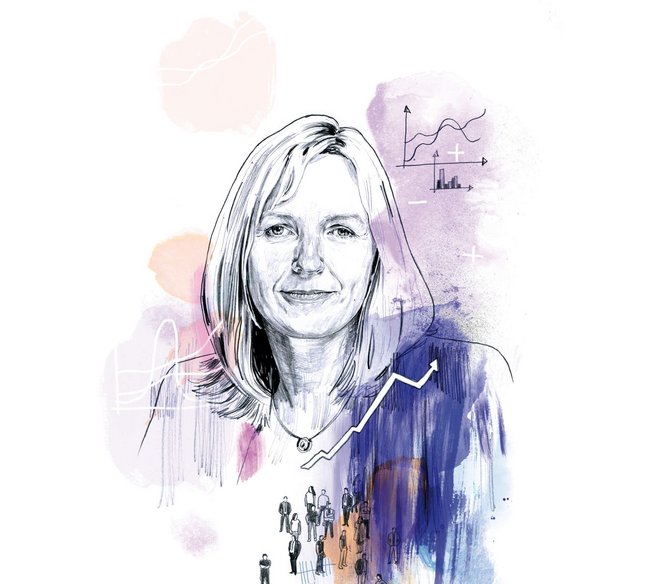JUST ONE WORD

Transparency is a necessary precondition for making evidence-based political decisions. Society rightly demands that political decisions be made on the basis of facts. Collecting these facts, making them available and thereby creating transparency is an important task for the Federal Statistical Office of Germany.
This means we have two jobs to accomplish. Firstly, we have to determine which data might be helpful for a decision in the first place. Secondly, we need to ensure that this data has been independently collected, verified and is correct. That’s something we do every day, adapting our methods and continually collecting new information.
Sometimes, of course, there’s the impression that some statistics are useless, for instance logging statistics, which we’ve been collecting for years. Legislators occasionally ask us whether we actually need this much data. But some things only prove their usefulness over time. The logging data, for example, is now extremely interesting because information about the bark beetle infestation can now be derived from it.
We already know a lot about the population of Germany, for instance from public records such as civil registers. But these aren’t completely error-free, as not everyone registers their new address promptly after moving, for example. This is why the census has always played an important role in maintaining personal data. With its assistance, we improve data quality and provide legislators with up-to-date information, for example on population figures. These are used to create fair electoral districts and develop the fiscal-equalization system for the federal states.
In fact, the 2022 Census will be the last of its kind. The current census is the last time we’ll be carrying out the complex procedures with questionnaires and home visits. This isn’t because of data protection considerations, which have dogged the surveys for many years; it’s primarily about making less work for the country’s citizens.
In the future, we’ll be conducting the census using only the civil registers. Then we’ll take this registration data and use a comparative register, for instance data from the Federal Agency of Motor Vehicles. This allows us to identify potential errors and eliminate them. To this end, we’re also increasingly relying on new technologies including artificial intelligence, which independently checks our data records, identifies errors and corrects them.
But that doesn’t mean less work for us. The European Union will be requiring annual population data from its members starting in 2024. We will have to provide this information. We may no longer be collecting it on clipboards at people’s doors, but we’ll now need to supply it much more frequently.